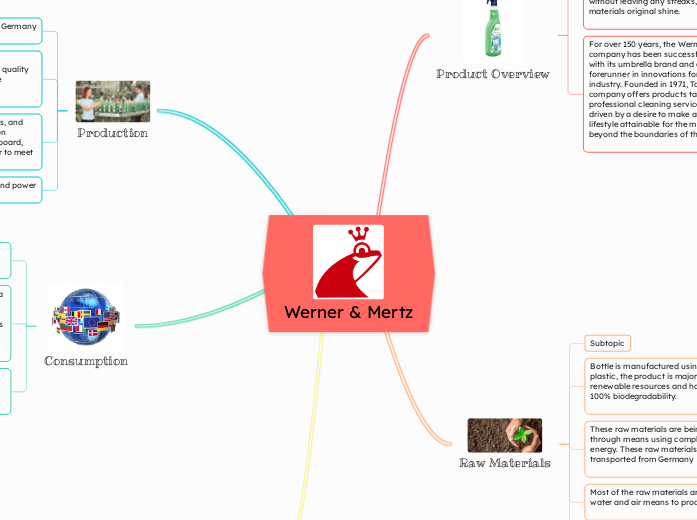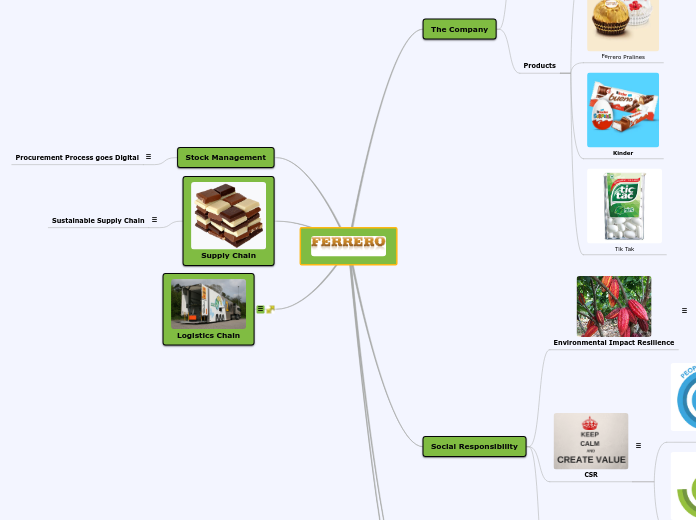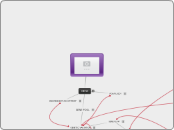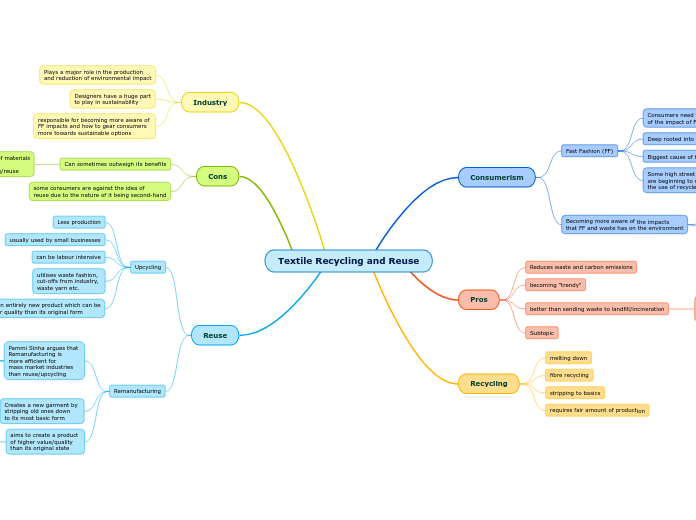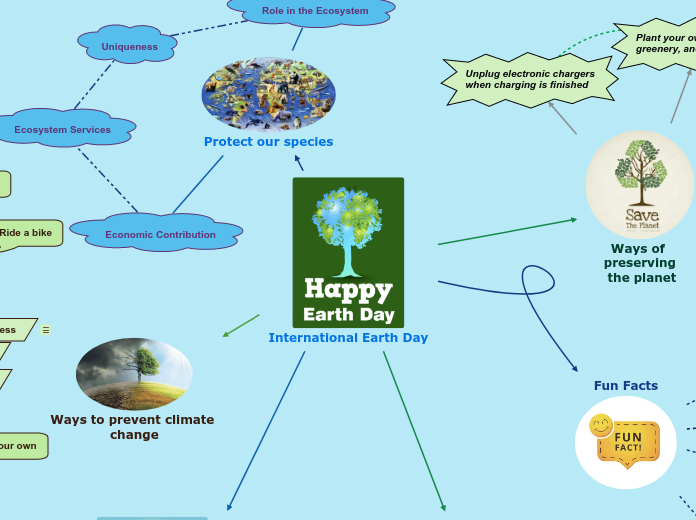by Andrew Chou 12 hours ago
6
Werner & Mertz
Lysol products, including their production and disposal processes, are subject to various environmental and safety considerations. The raw materials used in Lysol, often sourced from the UK, include a range of chemicals that can pose health risks if not handled correctly.
